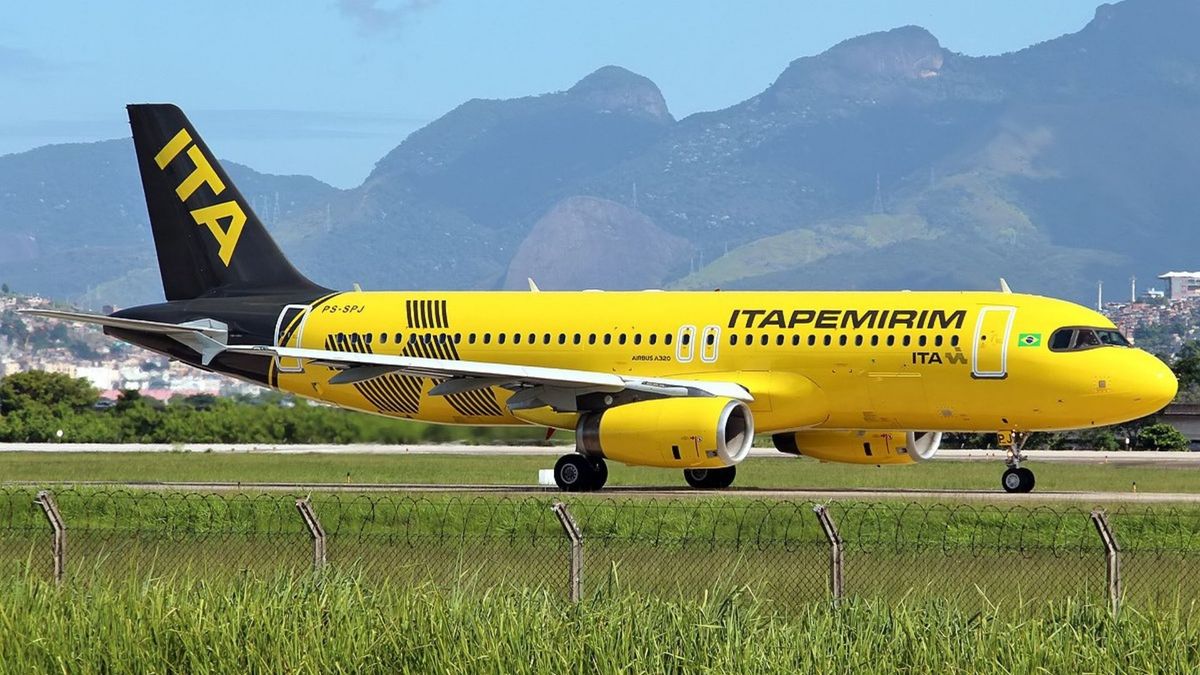Delivering, ends a story with a few successful first decades, which were then followed by continuous failures in management that have led to almost three decades of zero benefits. Many are the Italians who longed for the last times’ The golden age of Alitalia ‘, contemporary to the ’30 glorious years of capitalism’ after the Second World War: those years when reconstruction, hand in hand with a Welfare State , sparked an economic boom in Italy that allowed families to finally afford to fly to places beyond their homeland.
But that was not all: Italy was a defeated country recovering from the wounds of war. And Alitalia came to represent the collective hope under which a feeling of belonging was transmitted: having a state airline was a necessity, an icon of national pride and patriotism.
But all of this has changed in the last 30 years. At the beginning of the 90s, the economic problems began that led to international privatization processes by other airlines (Air France – KLM, Etihad Airways of the United Arab Emirates), capitalization through private national consortia (Benetton) and national (Correos Italianos and Ferrovie dello Stato, the state railway company) and, of course, financing by successive Italian governments (a bailout of 1.8 billion in 2020, among many others that were carried out previously).
How did you get to this point? A rationality without exhaustive analysis, has given the neoliberals ‘enough letter’ to determine responsibilities and reach the heart of the average citizen: “Italian taxpayers have already had to spend tens of billions of euros to keep a very poorly run company afloat. Alitalia has accumulated losses of 11,400 million euros between 2000 and 2020 “. It is difficult to counteract this discursive without a deep explanation, which will surely remain bogged down in the hegemonic media and will never reach a sufficiently required clarity in an anesthetized and hopeless society.
Beyond this, when the historical dynamics crumbles we find a company that has not been able to adapt to the liberalization of the aviation market that occurred in Europe in the 1990s’ – prelude to the deepening globalization with an oriental face – and the consequent competition that this implied. In this sense, Alitalia showed little resilience to the arrival of efficient low-cost companies – with smaller crews, fewer technical reviews, and offering more competitive rates – the unions that were fighting for counterproductive rights to the new wage scenario. to the downside, the lobby that implied the empowerment of the Italian and European railways system in general, and the political pressure from various parties to take the company as its ‘own flag’ and keep it afloat despite its serious structural financial difficulties.
Of course, although it is not what is mentioned the most because of how refractory it implies to assume responsibilities, we must add to it the ineffectiveness, corruption, and the impossibility of Alitalia to decouple to a lethargic Italian and European macroeconomy, lagging behind the markets of the ‘ high productivity ‘and those’ blessed with strategic resources’. While much of Asia, Oceania, Africa and Latin America have realized this, a backward Italy cannot finish dealing with a great endogenous crisis typical of the intrinsic heterogeneities and the economic and social disasters derived from a succession of governments overwhelmed and incapable of giving coherent and overcoming answers.
The most visible consequence is to show those who are on the other side of the counter, the thinnest thread of this macro drama that is transformed into a micro trauma: the workers of the company. As one employee with 25 years of experience put it: “We have found ourselves without work from one day to the next; We are not of retirement age and we do not know what we will do. We are fathers and mothers of families and there is fear of the future ”. Insecurity, instability, fear. A liquid capitalism 21st century under which, while a few see it as the blessing of frugality, immediacy, and the ability to adapt to change, others suffer it as the end of a life of economic sustainability and the fear of losing everything. ; to drop steeply into their social-economic status earned under a lifetime of work on the national flag carrier.
Definitely, the fall of Alitalia is a symbol of Italy’s innate and historical difficulty in coping with globalization and increasing competition, as well as the inefficiency and inefficiency of all the actors involved who favored a languishing but their own business, rather than trying to enhance the collective benefit under sustainable profitability.
‘Goodbye beautiful Alitalia’ we could say, honoring the famous antifascist resistance song. Although in this case, the best way to beat nostalgia is to create a context where the experience helps Italians not to make the same mistakes again; a “Reborn so as not to die”, which allows to give a sustainable impulse over time. And, in the meantime, let us take note for our lares since, of errors and embezzlement, we have ample experience.
International Analyst, Twitter: @CafuDiego




